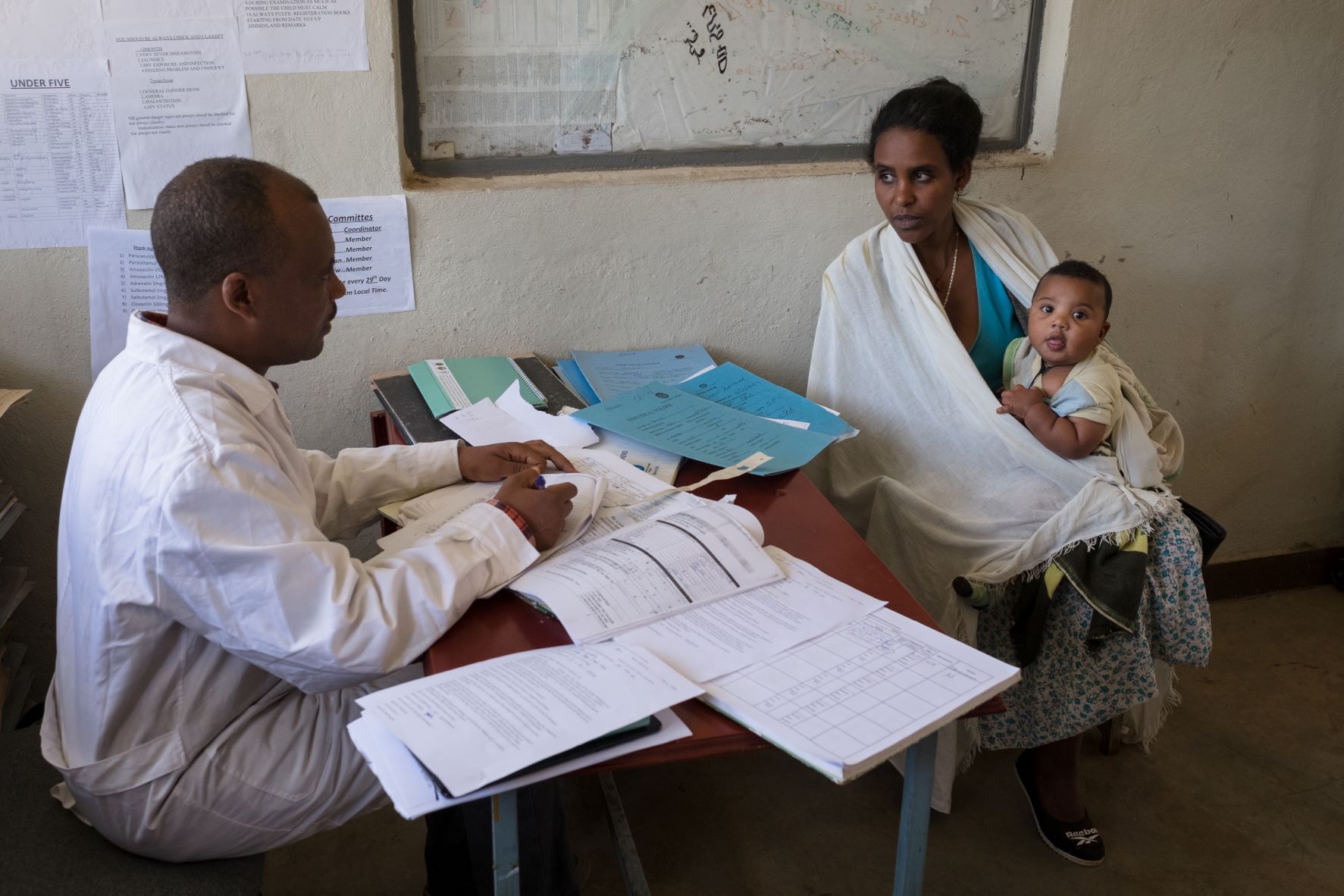Journal article
Can quality improvement programmes affect health care workers’ motivation?
published 9 September 2021
published 9 September 2021
A knowledgeable and motivated workforce is critical for health systems to provide high-quality services. Many low- and middle-income countries
face shortages in human resources and low health worker motivation but are also home to an ever increasing number of quality improvement (QI)
programmes.
This study, authored by members of the IDEAS team, evaluates whether and how motivation and clinical knowledge in three cadres of health workers changed in the context of a QI programme for maternal and newborn health in Ethiopia.
This is a mixed-methods study used, which included interviews of 395 health workers at baseline in April 2018 and 404 at endline in June 2019. Data were collected from seven districts with QI and seven comparison districts. Three cadres were interviewed: health extension workers, facility-based skilled midlevel maternal and newborn care providers, and non-patient-facing staff. A qualitative component provided further insights using in-depth interviews with 22 health workers.

Health workers’ motivation was assessed quantitatively, and knowledge was assessed through a clinical vignette. Qualitative data were analysed in a deductive process based on a framework derived from quantitative results.
Results from the study indicate that although knowledge of the QI programme was high (79%) among participants from QI districts at endline, participation in QI teams was lower (56%). There was strong
evidence that health worker knowledge increased more in areas with QI than comparison areas.
Three motivation dimensions emerged from the data: (1) ‘helping others’, (2) ‘pride and satisfaction’ and (3) ‘external recognition and support’. The authors found strong evidence that motivation across these factors improved in both QI and comparison areas, with weak evidence of greater increases in comparison areas. Qualitative data suggested the QI programme may have improved motivation by allowing staff to provide better care.
In conclusion the authors suggest that although QI programmes can increase health worker knowledge, there may be little effect on motivation. Programme evaluations should measure a wide range of outcomes to fully understand their impact.